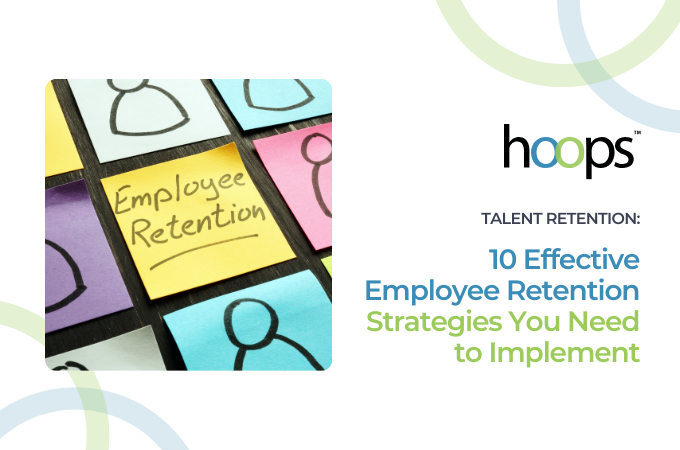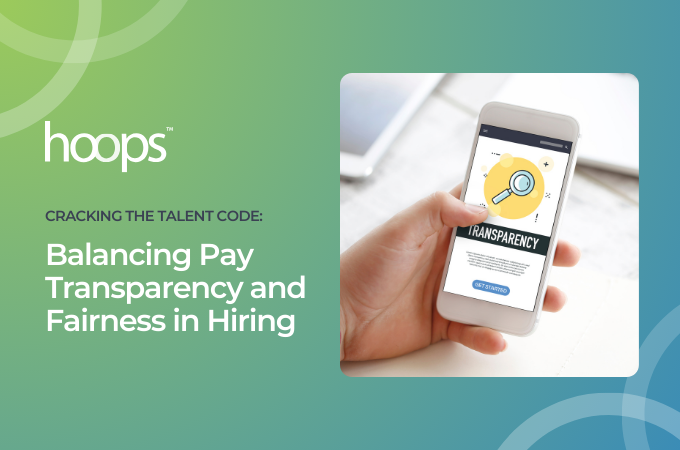Let me know if any of these questions sound familiar:
• “What's your biggest weakness?”
• “Why do you want to work for us?”
• “Why should we choose you over all the other candidates?”
• “If you could choose any superpower, what would it be?”
• “How many quarters would it take to fill Lambeau Field?”
If you're a hiring manager, HR professional, or been a job candidate anytime, ever, you've no doubt heard a variation of at least one of these, if not all. They are standard fare in many interviews, they are asked with unwavering confidence, and the answers are dutifully written down as if something of great import is gleaned from the responses.
The problem with questions like these is twofold. First, as discussed, they are so prevalent that most candidates over prepare for them, so getting an unvarnished, unrehearsed, spontaneous response, the kind of response that might actually mean something, is virtually impossible. And second, there are much better questions to ask if you want to ascertain candidate fit for a position.
So why do so many organizations keep asking the exact same questions, even when they're not getting the results they want? Because recruiting is hard, change takes time, hiring is just one of many things managers are responsible for, and on and on. Want to know a secret about change? Here’s a quote that sums it up nicely: ‘The secret of change is to focus all of your energy, not on fighting the old, but on building the new.’ If anyone understood the fundamental power of ignoring the past and looking to the future, it was Socrates, the author of that quote.
In the spirit of Socrates, what new types of questions should you ask to elicit authentic responses to get to the heart of candidates so you can really understand who they are and what they can do?
Situational
Have your managers compile specific challenges that their teams have handled involving customers, vendors, or other departments and create question sets based on them. The point here is not to look for candidates who respond in the exact same way as your team – measure responses based on how well they are articulated and if the outcome would solve the problem or challenge presented.
Behavioral
One sure way to leverage ‘the past’ is using previous behavior to predict what a candidate will do in the future. Behavioral questions are designed to give employers a chance to understand this behavior to better determine how choices a candidate might make, under duress or faced with a challenge, would help (or hurt) them in the position. Here is a great list of behavioral interview questions about teamwork, adaptability, time management, communication, motivation, and values.
Structured
No less than Laszlo Bock, the Socrates of people management and SVP of People Operations at Google, says that this government website (hard to believe, I know) is a great resource for questions to use when conducting structured interviews, the kind where every candidate for the position is asked the exact same questions. Google uses both situational and behavioral questions in its structured interviews, having relegated the ‘quarters to fill up Lambeau Field’ questions to the junk pile.
Try mixing just one of these types of questions into your recruitment process and measure the results. Change is hard but when it comes to hiring the absolute best candidate for your open positions, it's worth it.







